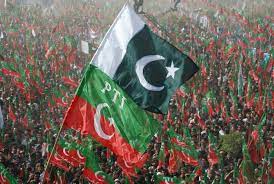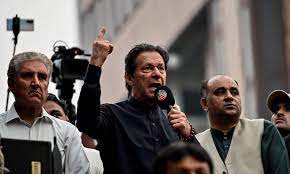847 Hits
0 Hits
Sheeraz Yousif
Dec 1, 2023, 1:36 PM
Assessing the Potential Impact of Pakistan Tareeky Insaf on Government Formation: A Comprehensive Analysis

Sheeraz Yousif
5 Articles
Joined Jun 2023
Explore more about
Enjoyed this article? Stay informed by joining our newsletter!
Related Articles
May 10, 2023, 10:08 AM
Hajra Tareen
Aug 22, 2025, 8:11 AM
Ayesha Khalid
Mar 28, 2025, 5:02 AM
Farhat Batool
Jan 14, 2025, 6:54 AM
Fatima Syed
May 8, 2025, 4:12 AM
Afifa
Jan 10, 2024, 5:04 AM
Aimen
About Writer
Join Our Newsletter
Get instant updates! Join our WhatsApp Channel for breaking news and exclusive content.
Subscribe NowFree updates - No spam









You must be logged in to post a comment.